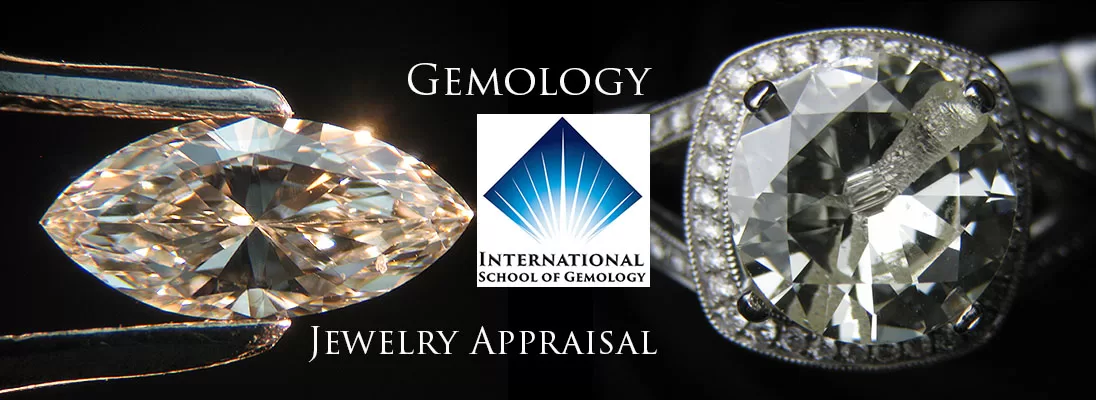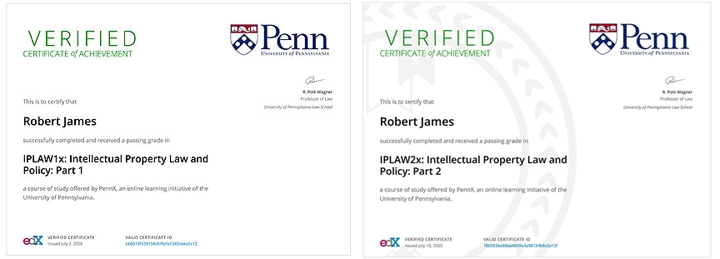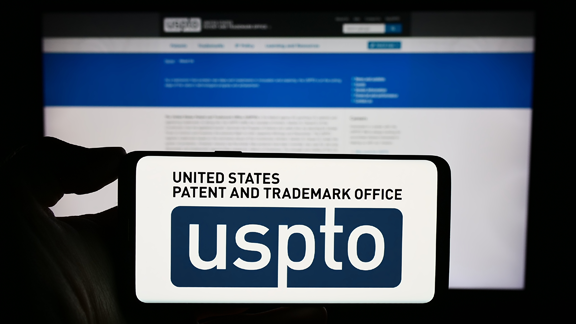Please sign in first
Not a member?

- Home
- Online Education Programs
- RG/RGA Legacy Entrance
- ISG Credentials
- Frequently Asked Questions
- Registry of Graduates
- Careers in Gemology
- Important Program Information
- Newsletters
- Identifying Lab Created Diamonds
- Black Diamond or Created Moissanite?
- Ebay, the GIA, and Section 230
- Lessons From the Angry Janitor
- Exposing the Truth about Lab-Created Diamonds
- AGTA Hobbles Dealers and Buyers
- Appraisers -v- Gem Labs…a Legal Imbalance!
- Understanding the Classification of Diamonds
- Cremation Diamonds: Insuring and Litigating
- Let’s Talk About Gemology Credentials
- Hometown Jewelers and the Force Majeure Clause
- Following the Critical Angle of Diamond Grading
- When Breitling Brought the Airmen Home
- Let’s Open a Refractometer
- Measuring the Energy of Light
- Quick Reference Guide to Sunstone
- ISG Seeing the Invisible Light
- Contact Us
Let’s Talk About Gemology Credentials
Editorial: Let’s Talk About Gemology Credentials
What is the difference between academic credentials and trademarks?
We get a lot of questions from potential students: “Can I earn my Graduate Gemologist® license from the ISG?” The answer is obviously “No,” but the reason for that answer has nothing to do with the quality of the ISG program; it goes to the definition of precisely what the term “Graduate Gemologist” means. It is a trademark, not a license or legal or professional title for the industry. Perhaps more importantly, it is certainly not the “Official Gemology School” as falsely claimed by the GIA in a Google ad in the past, as seen below.

What is a Trademark?
According to the Legal Information Institute at Cornell Law School, a “trademark” is defined as:
“A trademark is any word, name, symbol, or design, or any combination thereof, used in commerce to identify and distinguish the goods of one manufacturer or seller from those of another and to indicate the source of the goods. See 15 U.S.C. § 1127.” https://www.law.cornell.edu/wex/trademark
Trademarks are names used to identify a product. Like Toyota®, Pepsi®, or Bud Light®, Miller Lite®. Notice the qualifier ® by the names. That denotes that these names are Registered Trademarks of the U.S. Patent and Trademark Office, the official entity responsible for awarding trademarks. There are also “common law trademarks.” These are denoted by the sign: ™. Common law trademarks do not carry the same legal protections as a Registered Trademark but still offer a certain level of legal protection if one places the common law trademark sign on their trademark and actively uses it in commerce. This includes domain names and other trade names—a topic for further study at another time. For now, we will deal with the legal status of gemological trade names, referred to as gemological titles.
What is the legal status of the name Graduate Gemologist?
Below is the trademark listing from the United States Patent and Trademark Office search system for trademarks. USPTO Registered Trademark # 4019413 is listed here, issued to the Gemological Institute of America in 2011.

A search of the Legal Information Institute at Cornell Law School for a formal designation or legal entity of the term “Graduate Gemologist” turned up empty.
What is a Gemological Title?
The fact is all gemological titles are trade names. They are trade names used by various gemological education organizations to denote the particular titles bestowed on graduates of their programs. Some are Registered Trademarks; some are Common Law Trademarks. But they are all trademarks and not licenses. A few examples:
- GIA Graduate Gemologist
- AGS Certified Gemologist
- ISG Registered Gemologist
- CIG Accredited Gemmologist
- Gem-A Fellow of the Association
These are educational trademarks owned by the respective organizations to denote graduates of their programs. They do not bestow licenses or any legal standing to the title holder. Why is that?
Legal Standing of Gemological Titles
Names like Graduate Gemologist carry no legal weight because no accrediting bodies for gemology schools exist. Yes, there are accrediting bodies for education organizations like gun repair schools, cosmetology schools, and gemology schools. However, these accreditations are based on financial stability and not academic fitness in the specific fields of study.
The only academically accredited gemology degree found is from the Gemology and Jewellery Studies degree, BSc(Hons) from Birmingham City University in the United Kingdom.
Misuse of Gemological Titles
I could write an entire article on the misuse of gemological titles that either do not exist or exist but do not bestow initials after one’s name. For example,
IMF: International Master Gemologist. The founder of a famous gem society used this one. To date, I have found no education organization or society that bestows such a title, nor any program even familiar with it.
SSEF SGC: Scientific Gemmology Course. This title is claimed by another very famous gemologist and jewelry appraiser. Yet, the SSEF defines this program as simply a one-week course in gemmology: “Intense one-week course in scientific gemmology.” SSEF Website. How can a one-week course bestow professional standing initials after one’s name? That is a good question.
I could go on and on in this section, but I think you get the point.
A Viable Solution
There is a viable solution to the issue of what to do with all these trademarks and no real standards of education in the academic gemology field. It is the Federation of European Education in Gemmology, established in 1996. The FEEG states their purpose thusly:
“The main purpose of FEEG is to facilitate and encourage the mutual exchange of information and technical assistance, to organize examinations leading to a common European qualification in gemmology (European Gemmologist), and to promote partnerships and economic, social and cultural exchanges between respective members.” http://www.feeg-education.com/about
Without the need for government intervention or oversight, the FEEG has established uniform standards and oversight in gemological education that sets the standards the rest of the gemology world should follow. If we, as an industry, could establish this type of organization, we would not only establish a defacto oversight body with the ability to establish uniform rules but also include the high-quality regional schools that do not get proper recognition. Names like George Brown College, Ecole de Gemmologie de Montreal, and the DCA Learn education organization. And yes, the International School of Gemology. Is it possible to organize the North American gemological education community like they did in Europe? I do not know because it has never been tried. Would it benefit greatly the industry and consumers? Absolutely.
With a $10 million tax-free advertising budget (based on the most recent GIA IRS filings), the GIA can and does overwhelm all other gemology schools due to their grip on the jewelry industry media. But money and a trademark do not give any gemology school the advantage over any other academic organization. Financially? Yes! But academically? No.
It is time the education industry of North America follows in the footsteps of the FEEG in Europe.
It is time to get some common sense in the gemological credentials and not let them be guided just by who has the most money.
That is my opinion, I welcome you to send in yours.
Robert James FGA, GG
International School of Gemology
Property and Casualty Adjuster, Texas Department of Insurance #1300433
Intellection Property Rights Program Certificate: UPenn Law School

